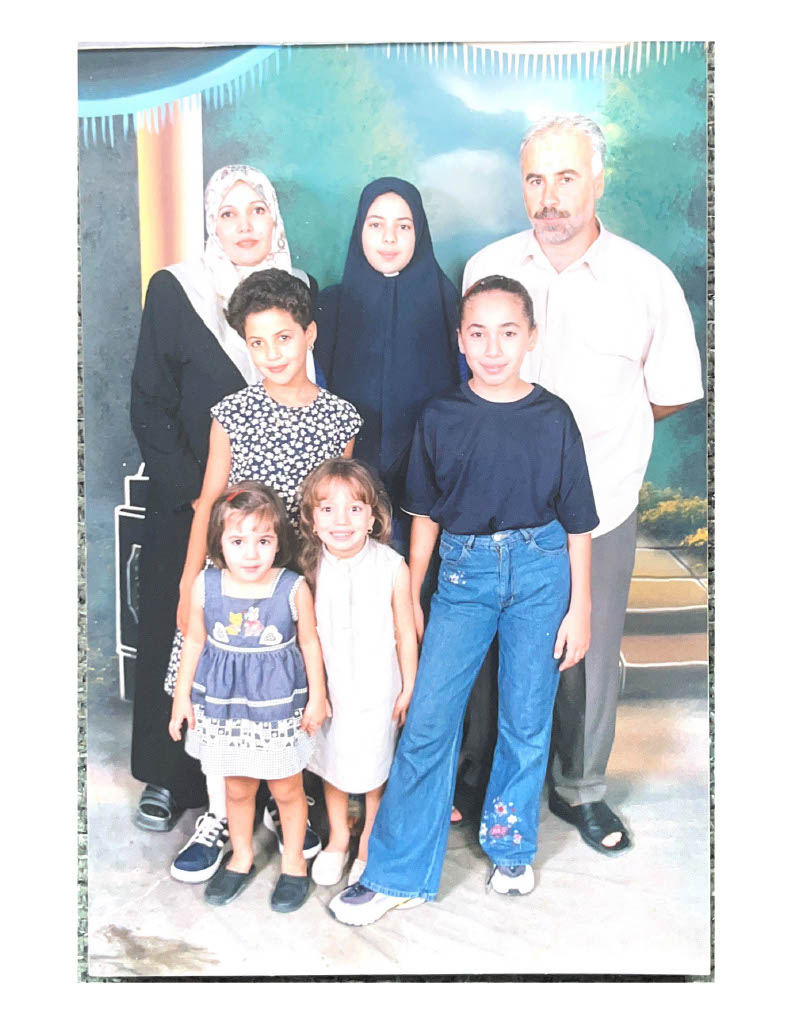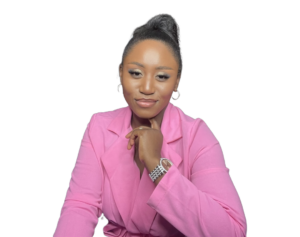This year, we’re thrilled to welcome 16 new faces to the 2024 Youth Policy Program! Over the next six months, they’ll be embarking on a journey to learn about public policy and how to change it.
The cohort is just starting to get to know one another. Their first module recently ended and the theme was ‘introduction to public policy and each other.’ Introductions are common for any new group, but the introductions that took place on the first day were different.
The program uses introductions conducted through a decolonial lens to aim for deeper connections. In these decolonial introductions, participants answer questions that explore the cultural meanings of their names, their ancestors, and the influence of the lands that raised them and they call home.
Two of the cohort’s participants are Fatima Elmasry and Prisca Egbebiyi.

Fatima, a Palestinian woman born as a stateless refugee in Libya, experienced decolonial introductions for the first time. This new way of introducing oneself gave Fatima the chance to deeply reflect on who she is.
“Usually when I introduce myself, I feel like the answers are not really reflective of who I am,” said Fatima. “For me, the people around you, your community shape who you are. Where you’re from shapes who you are, so I think it’s important to really reflect on the people around you, where you’re from, your community.”
Prisca also experienced decolonial introductions for the first time. She reflected on how different they are from introductions in corporate settings where credentials that don’t necessarily have anything to do with who the person is, are listed.
“I remember speaking to someone and they asked me, “What if you took away the title of your job, does that change who you are as a person?’”

Prisca, who was raised by her grandmother in Cameroon, also discussed how the decolonial introductions made her think of alternative realities, specifically what life would have been like without colonialism.
“What would life have been like for Indigenous communities all around the world? It makes me consider the past, the loss of cultures, the loss of practices and it just makes me reflect on my own Indigenous culture, where I’m from,” she said.
“Oftentimes we talk about colonialism as something that happened a long, long time ago, but what we fail to acknowledge is that it still has detrimental effects on individuals today.”
The next YPP module will be focused on public policy in B.C. Stay tuned to learn more!
